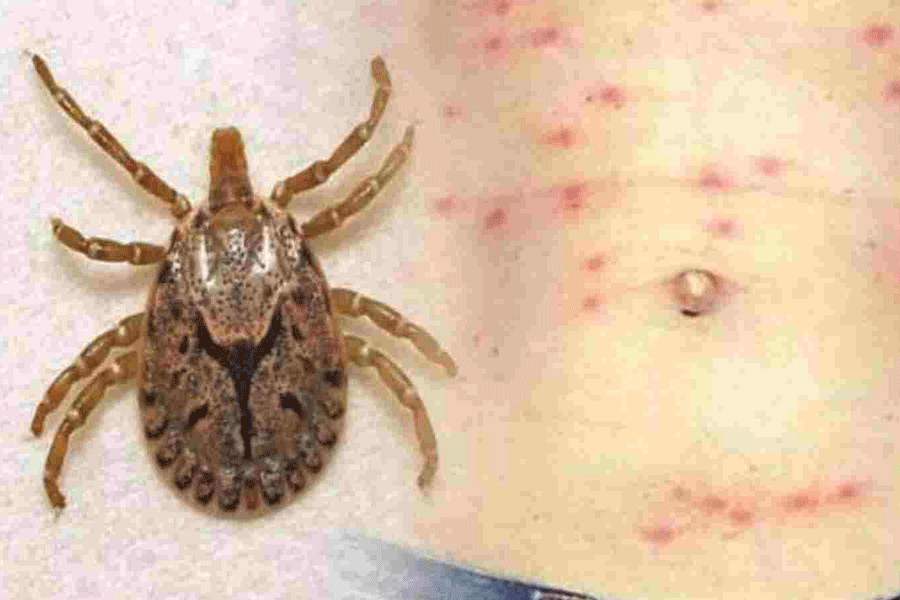A central team on Saturday reached Odisha’s Sundergarh district to examine the increase of scrub typhus cases in the state.
The number of cases in Sundergarh in western Odisha has reached 292 and the disease has so far claimed eight lives.
The central team is also scheduled to visit the neighbouring Bargarh district.
According to the Centres for Disease Control and Prevention, scrub typhus, also known as bush typhus, is a disease caused by bacteria called Orientia tsutsugamushi. The disease is spread to people through bites of infected chiggers (larval mites). The most common symptoms of scrub typhus include fever, headache, body aches and, sometimes rash. People with severe illness may develop organ failure and bleeding, which can be fatal if left untreated.
The chiggers that transmit the disease generally live in low temperature and high humidity conditions.
People who frequently visit farmland or forests are vulnerable to the infection. Scrub typhus can be detected through the ELISA system. “The ELISA system is available at the district public health laboratory,” said an official.
Chief medical officer, Sundergarh team, Kanhu Charan Nayak said: “The central team inspected the laboratory and other medical facilities. They have taken some samples. Whatever recommendation they will make, we will strictly follow it. A massive awareness campaign has been launched.”
Member of the central team Dr. Tushar N. Nale told reporters: “We are discussing the issue with the district medical officials and trying to ascertain the reason behind the increased number of scrub typhus cases. Public awareness on the issue is a must.”
The members of the central team include a professor at Lady Hardinge Medical College in New Delhi, Dr. Sameer Gulati; public health specialist at the National Centre for Disease Control in New Delhi, Dr. Tushar N. Nale; and assistant director (microbiology) of the National Centre for Disease Control, Dr. Dhara Shah.











